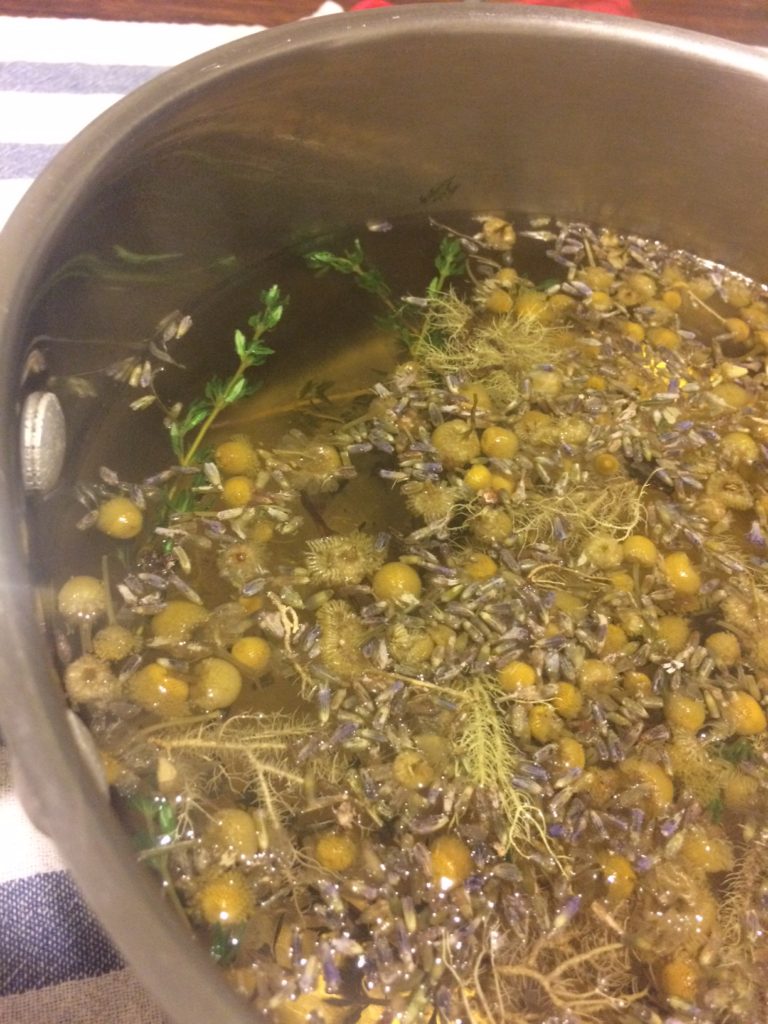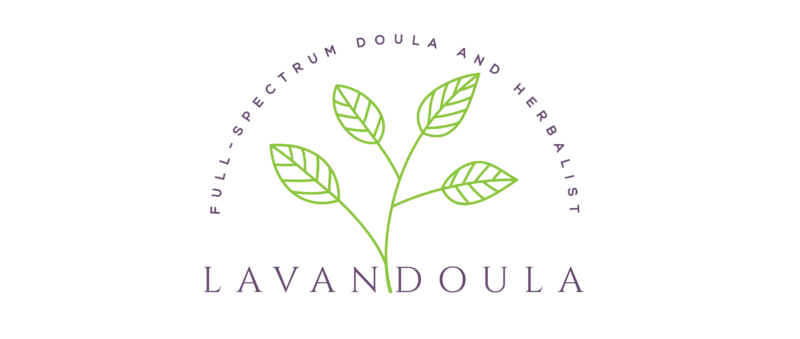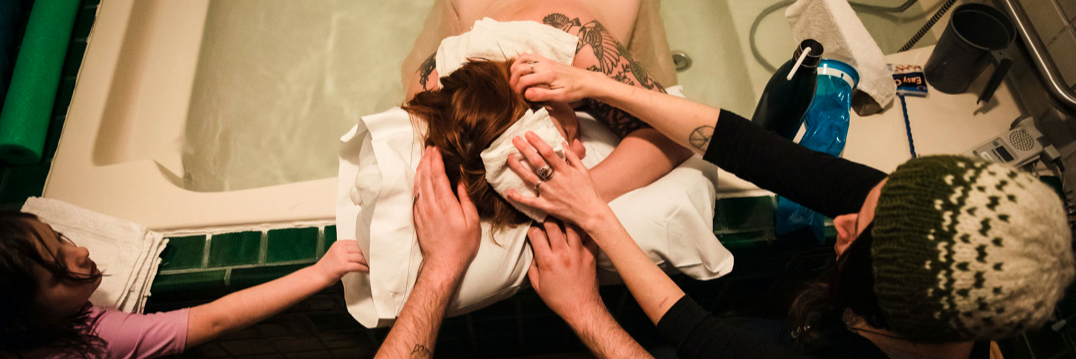In an unusual turn of events, I came down with a summer cold in late July. This summer, I had intentionally planned a gap in due dates so I could take some time off, and this well-timed immune dip occurred before I had to attend any labors. Thank goodness.
The cold was tricky for me to kick, however. I rested and drank broth and elderberry tea all day. One of the factors in my slowed ability to fight this cold is my hypothyroid (which approximately ten million Americans also have). Having a slow thyroid makes me run cold, and it’s tricky for my body to build an appropriate fever to kill pathogens. I also tend to be super dry – and this cold definitely exacerbated that for me. When the body produces mucous, it’s actually healing itself. It’s a way your body expels the gunk that’s making you sick. It’s why an herbalist, for a dry cough, may recommend something like mullein (a strong expectorant) rather than cherry bark (a spasmodic cough soother).
I knew what I needed was wet heat. A steam is a way of bringing the medicinal qualities of plants directly to the tissues affected by a cold (mucous membranes in nose, throat, mouth, lungs). After a few days of these steams, I’d kicked the dry cough and was able to move on from my cold.
 Included in my steam is fresh thyme from the front porch. Aromatic culinary herbs are very effective as antimicrobial and antibacterial agents. The essential oils come out with heat and perfume the air. I also included some usnea, from my friend’s land in Cape Cod. Usnea is a lichen (algae/fungus combo) that grows on trees in woodsy/seaside/oceany places. It’s known to have herbal antibiotic action, and is especially useful for mucous membranes (such as lungs, sinus, or urinary tract). Its constituent, usnic acid, is one of the more studied herbal extracts because it inhibits gram positive bacteria metabolism, making it potentially affective against tuberculosis, staphylococcus, streptococcus, and pneumococcus.
Included in my steam is fresh thyme from the front porch. Aromatic culinary herbs are very effective as antimicrobial and antibacterial agents. The essential oils come out with heat and perfume the air. I also included some usnea, from my friend’s land in Cape Cod. Usnea is a lichen (algae/fungus combo) that grows on trees in woodsy/seaside/oceany places. It’s known to have herbal antibiotic action, and is especially useful for mucous membranes (such as lungs, sinus, or urinary tract). Its constituent, usnic acid, is one of the more studied herbal extracts because it inhibits gram positive bacteria metabolism, making it potentially affective against tuberculosis, staphylococcus, streptococcus, and pneumococcus.
After a few days of thyme and usnea steams, I added in another before bedtime and focused on gently soothing/relaxing herbs. Pictured here – I added chamomile and lavender flowers. Lavender, like thyme, is also very aromatic and its essential oil has antibacterial action. Chamomile, while gently relaxing, also has some antispasmodic action (mostly when drunk as tea). It’s especially nice to add these if a dry cough (or any cold symptom, really) is keeping you awake at night. Quality sleep is important to healing! Remember: some folks are allergic to chamomile, so it’s not for everyone.
To prepare a steam:
- Heat a pot of water to boil and set yourself up a comfortable spot in the meantime. You’ll probably want a hanky or some tissues handy!
- Grab a towel, and place the herbs in a separate bowl. Because essential oils of herbs can dissipate quickly with heat, it is important to add the herbs to the hot water when you’re ready to breathe them in deeply.
- Once the water is boiling, place the pot in your comfy spot, tent a towel over your head with the steaming water underneath, and add your herbs.
- Breathe deeply, using both nose and mouth and focus on the scents of the herbs. Bring them in to your lungs. Come up for cooler breaths if you need to, but you’ll notice the steam making your nose run and your dry cough more productive.
- After about 15 minutes, the scent of the steam may not be as strong. You’ve absorbed the most medicinal parts – yay!
Steams can also be very kid-friendly, and herbs can be customized depending on the particular manifestation of an illness. To make a kid-friendly steam, build a blanket fort and read stories with a flash light in the fort with your steam water nearby, perfuming the area. This way, the direct heat of the steam won’t be too intense, and a kid is more likely to sit in one place for the duration!

